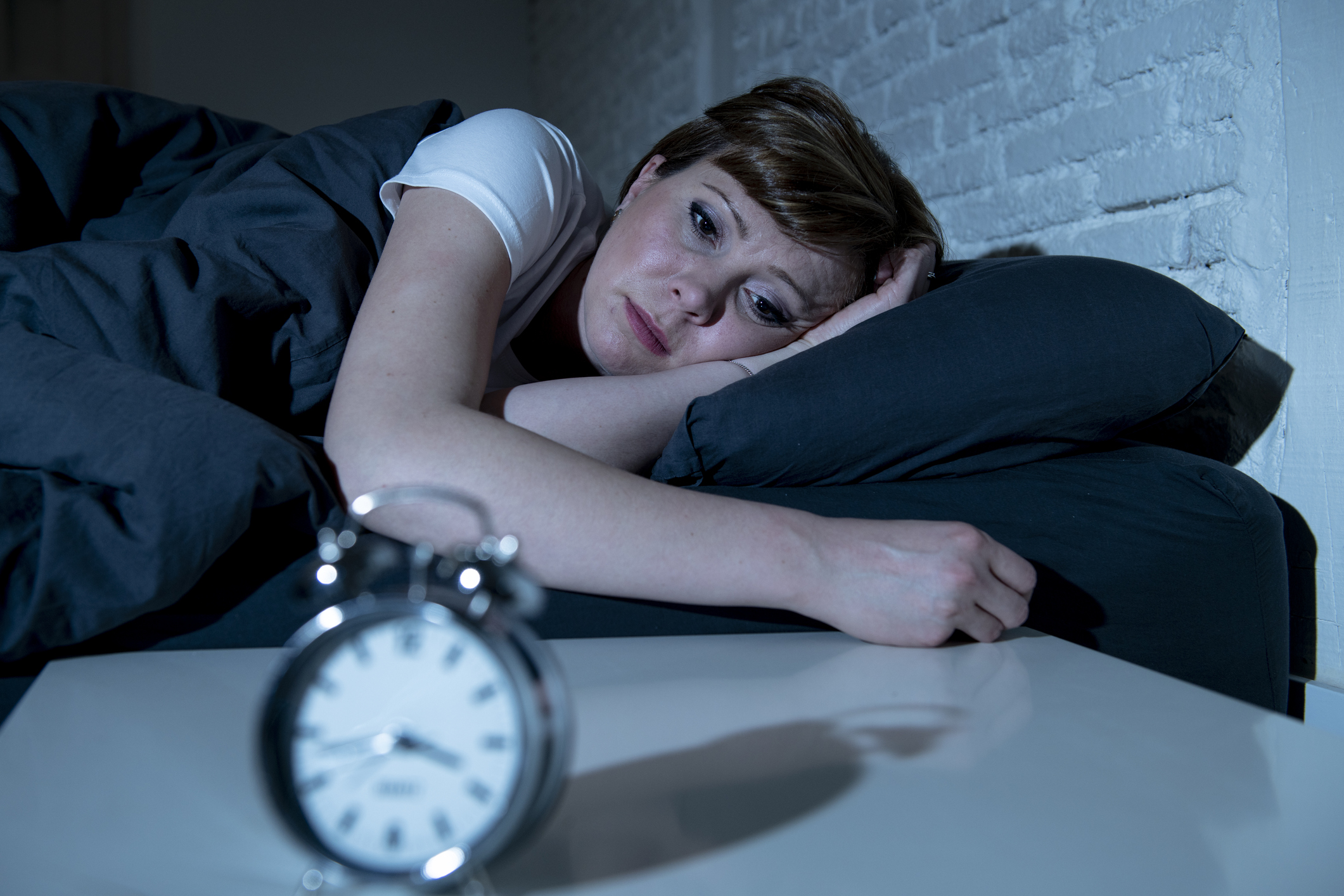A hard mattress may seem like the perfect choice for those who prefer a firmer sleeping surface, but it can actually lead to numerous health issues, particularly back pain. The lack of cushioning and support can cause your spine to become misaligned and put unnecessary pressure on your vertebrae. This can lead to pain and discomfort in your lower back, making it difficult to get a good night's sleep.Back Pain
Along with back pain, a hard mattress can also cause neck pain. The lack of contouring and support can cause your neck to be in an unnatural position while you sleep, leading to strain and pain in your neck muscles. This can also lead to tension headaches and make it difficult to move your neck comfortably throughout the day.Neck Pain
Your shoulders can also be affected by sleeping on a hard mattress. Without enough cushioning, your shoulders may bear the brunt of your body's weight, causing soreness and pain in the morning. This can be especially problematic for side sleepers, as their shoulders may be in direct contact with the mattress for extended periods of time.Shoulder Pain
Waking up feeling stiff and sore is a common complaint for those who sleep on a hard mattress. The lack of pressure relief can cause your muscles to become tense and stiff overnight, making it difficult to move and causing discomfort throughout the day. This can also lead to a decrease in mobility and an increased risk of injuries when engaging in physical activities.Muscle Stiffness
While it may seem counterintuitive, a hard mattress can actually contribute to insomnia and poor sleep quality. The discomfort and pain caused by sleeping on a hard surface can make it difficult to fall and stay asleep, leading to restless nights and fatigue during the day. This can have a negative impact on your overall health and well-being.Insomnia
One of the main issues with a hard mattress is that it can create pressure points on your body, particularly in areas where there is no cushioning or support. This can lead to pain and discomfort in your hips, shoulders, and other sensitive areas. Over time, this can cause numbness and tingling, making it difficult to get a good night's sleep.Pressure Points
Sleeping on a hard mattress can also cause your spine to become misaligned, which can have a ripple effect on your entire body. When your spine is not properly supported, it can put strain on your nerves and muscles, leading to pain and discomfort throughout your body. This can also affect your posture and increase your risk of developing chronic pain over time.Spinal Misalignment
Those who suffer from joint pain may find that sleeping on a hard mattress only exacerbates their discomfort. The lack of cushioning can put pressure on your joints, causing inflammation and pain. This can make it difficult to fall and stay asleep, leading to fatigue and discomfort during the day.Joint Pain
As mentioned before, a hard mattress can create pressure points on your body, which can lead to numbness and tingling. This can be especially problematic for those who suffer from circulation issues, as the lack of blood flow to these areas can cause tingling and numbness to become more severe. This can also make it difficult to fall and stay asleep, causing discomfort and restless nights.Numbness and Tingling
Finally, sleeping on a hard mattress can lead to a restless sleep, as your body is constantly trying to find a comfortable position to alleviate the pressure and pain caused by the lack of cushioning. This can lead to frequent tossing and turning, making it difficult to enter a deep sleep and causing you to wake up feeling fatigued and unrefreshed. In conclusion, while a hard mattress may seem like a good idea for those who prefer a firmer sleeping surface, it can actually cause a variety of health issues and negatively impact your sleep quality. If you are experiencing any of the above symptoms, it may be time to consider switching to a softer and more supportive mattress to give your body the comfort and rest it needs.Restless Sleep
The Impact of Hard Mattresses on Your Health and Sleep Quality
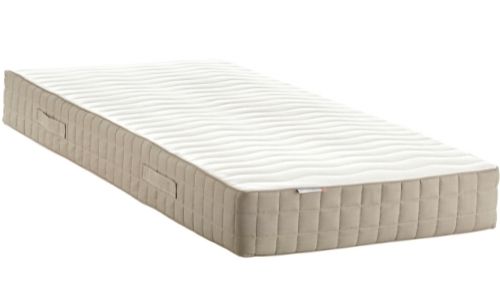
The Importance of Choosing the Right Mattress
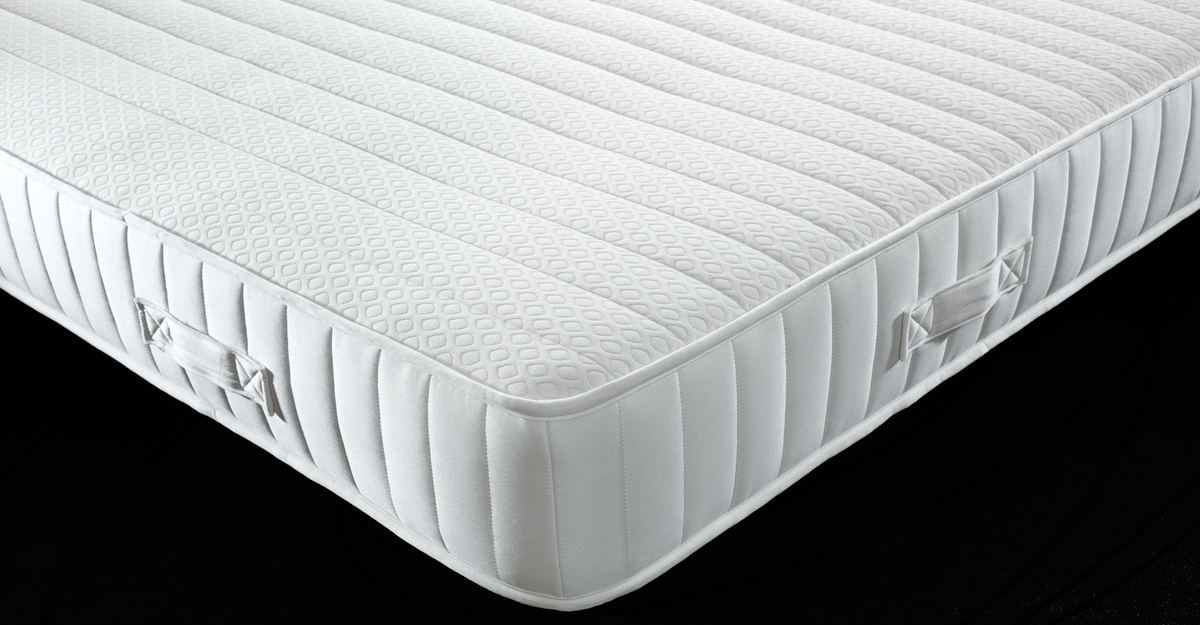 When it comes to designing our homes, we often think about aesthetics and functionality. However, one important aspect that is often overlooked is the impact of our mattress choice on our health and sleep quality.
A hard mattress may seem like a good choice for providing support and maintaining proper posture, but it can actually have negative effects on our bodies.
As we spend about a third of our lives sleeping, it's essential to understand how our mattress can affect our overall well-being.
When it comes to designing our homes, we often think about aesthetics and functionality. However, one important aspect that is often overlooked is the impact of our mattress choice on our health and sleep quality.
A hard mattress may seem like a good choice for providing support and maintaining proper posture, but it can actually have negative effects on our bodies.
As we spend about a third of our lives sleeping, it's essential to understand how our mattress can affect our overall well-being.
The Potential Consequences of Sleeping on a Hard Mattress
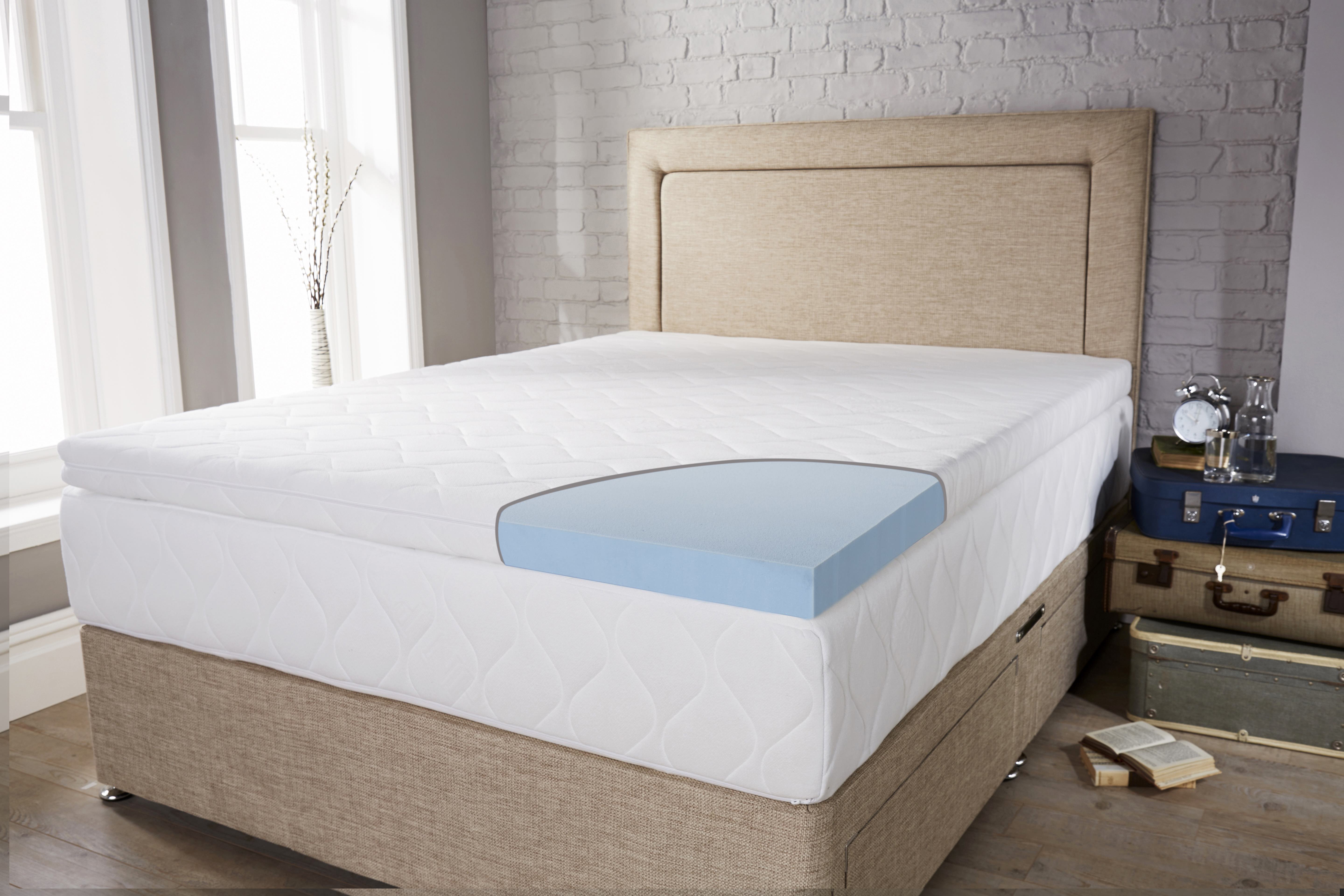 While a hard mattress may seem like a good choice for those with chronic back pain or those who prefer a firmer sleeping surface,
it can actually cause more harm than good.
When our bodies are not able to properly sink into the mattress, it can create pressure points on our hips, shoulders, and other joints. This can lead to discomfort, stiffness, and even pain, making it difficult to get a good night's sleep.
Moreover,
a hard mattress does not allow for proper spinal alignment, which can lead to back pain, neck pain, and other joint problems over time.
Our spine has a natural curvature that needs to be supported while we sleep, and a hard mattress can disrupt this alignment, causing strain on our muscles and ligaments. This can also lead to poor circulation, which can result in numbness, tingling, and restless sleep.
While a hard mattress may seem like a good choice for those with chronic back pain or those who prefer a firmer sleeping surface,
it can actually cause more harm than good.
When our bodies are not able to properly sink into the mattress, it can create pressure points on our hips, shoulders, and other joints. This can lead to discomfort, stiffness, and even pain, making it difficult to get a good night's sleep.
Moreover,
a hard mattress does not allow for proper spinal alignment, which can lead to back pain, neck pain, and other joint problems over time.
Our spine has a natural curvature that needs to be supported while we sleep, and a hard mattress can disrupt this alignment, causing strain on our muscles and ligaments. This can also lead to poor circulation, which can result in numbness, tingling, and restless sleep.
The Importance of Finding the Right Balance
 Now, this doesn't mean that a soft mattress is the solution. Too soft of a mattress can also cause problems by not providing enough support to our bodies.
The key is to find a mattress that offers a balance between support and comfort.
A medium-firm mattress is often recommended by experts as it allows our bodies to properly sink in while still providing support for our spine. This can help alleviate pressure points and promote better spinal alignment, resulting in a more restful and comfortable sleep.
Now, this doesn't mean that a soft mattress is the solution. Too soft of a mattress can also cause problems by not providing enough support to our bodies.
The key is to find a mattress that offers a balance between support and comfort.
A medium-firm mattress is often recommended by experts as it allows our bodies to properly sink in while still providing support for our spine. This can help alleviate pressure points and promote better spinal alignment, resulting in a more restful and comfortable sleep.
The Role of Mattress Material
 Aside from firmness,
the material of the mattress is also crucial in determining its impact on our health and sleep quality.
Some materials, such as memory foam, can conform to our body's shape, providing targeted support and pressure relief. On the other hand, innerspring mattresses may not offer enough support and can cause discomfort and movement disturbance.
Aside from firmness,
the material of the mattress is also crucial in determining its impact on our health and sleep quality.
Some materials, such as memory foam, can conform to our body's shape, providing targeted support and pressure relief. On the other hand, innerspring mattresses may not offer enough support and can cause discomfort and movement disturbance.
Conclusion
 In conclusion,
while a hard mattress may seem like a good choice for support, it can actually cause negative effects on our health and sleep quality.
It's important to carefully consider the firmness and material of our mattress to ensure that it provides proper support for our bodies while still allowing for a comfortable and restful sleep.
Investing in a good quality mattress is investing in our overall well-being and ensuring that we get the best sleep possible.
So, next time you're redesigning your home, don't forget to pay attention to your mattress choice for a healthier and happier you.
In conclusion,
while a hard mattress may seem like a good choice for support, it can actually cause negative effects on our health and sleep quality.
It's important to carefully consider the firmness and material of our mattress to ensure that it provides proper support for our bodies while still allowing for a comfortable and restful sleep.
Investing in a good quality mattress is investing in our overall well-being and ensuring that we get the best sleep possible.
So, next time you're redesigning your home, don't forget to pay attention to your mattress choice for a healthier and happier you.






:max_bytes(150000):strip_icc()/backpainfinal-01-5c3ba0bf46e0fb0001b5b300.png)










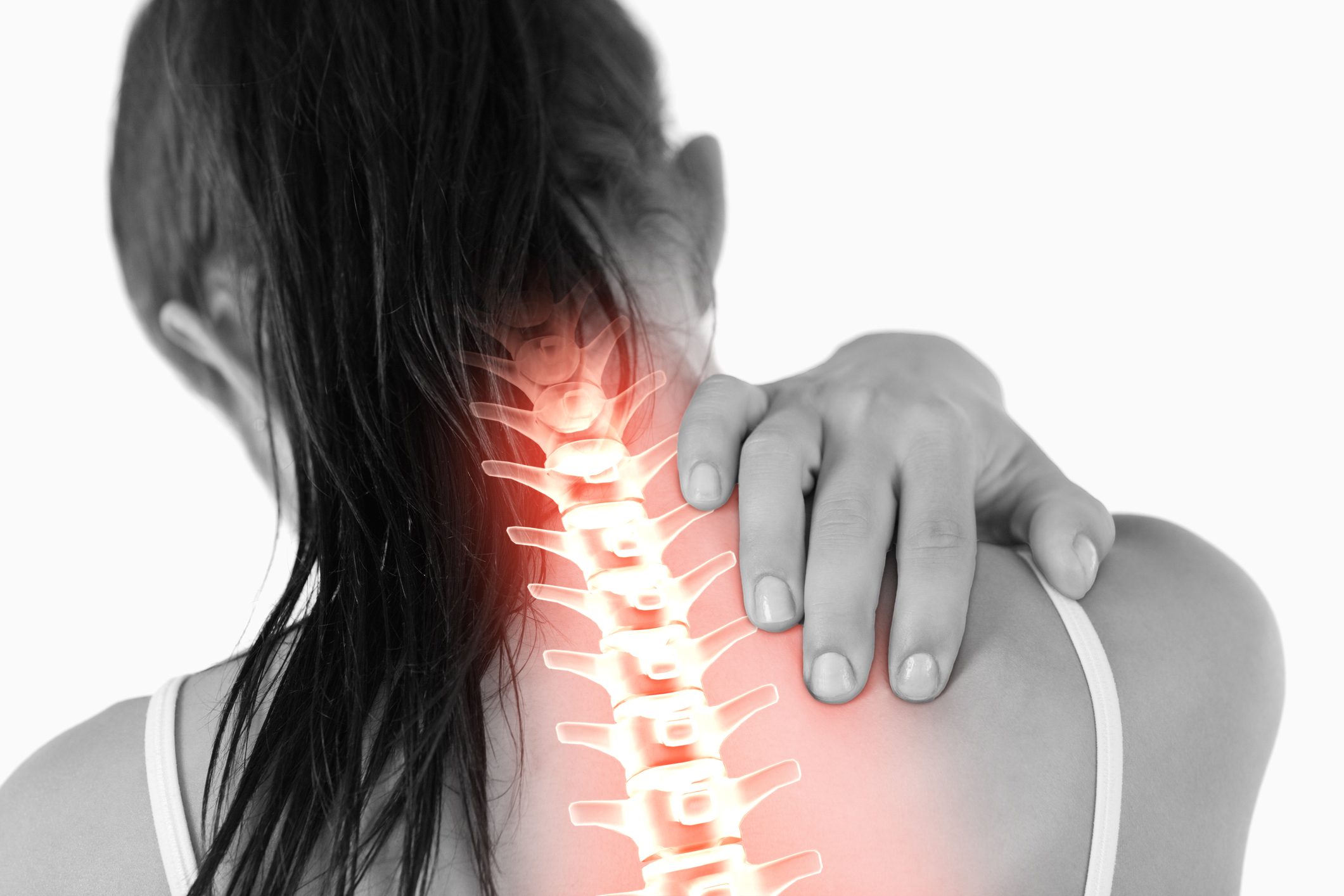




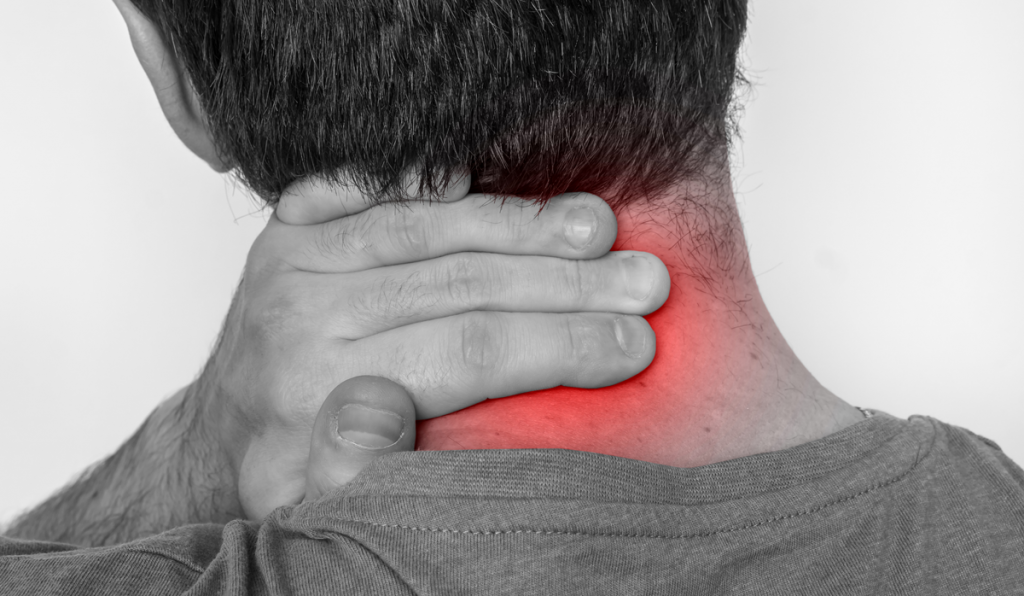









:max_bytes(150000):strip_icc()/shoulder_pain_medreview-01-5c3b9f8546e0fb0001bdeaaa.png)




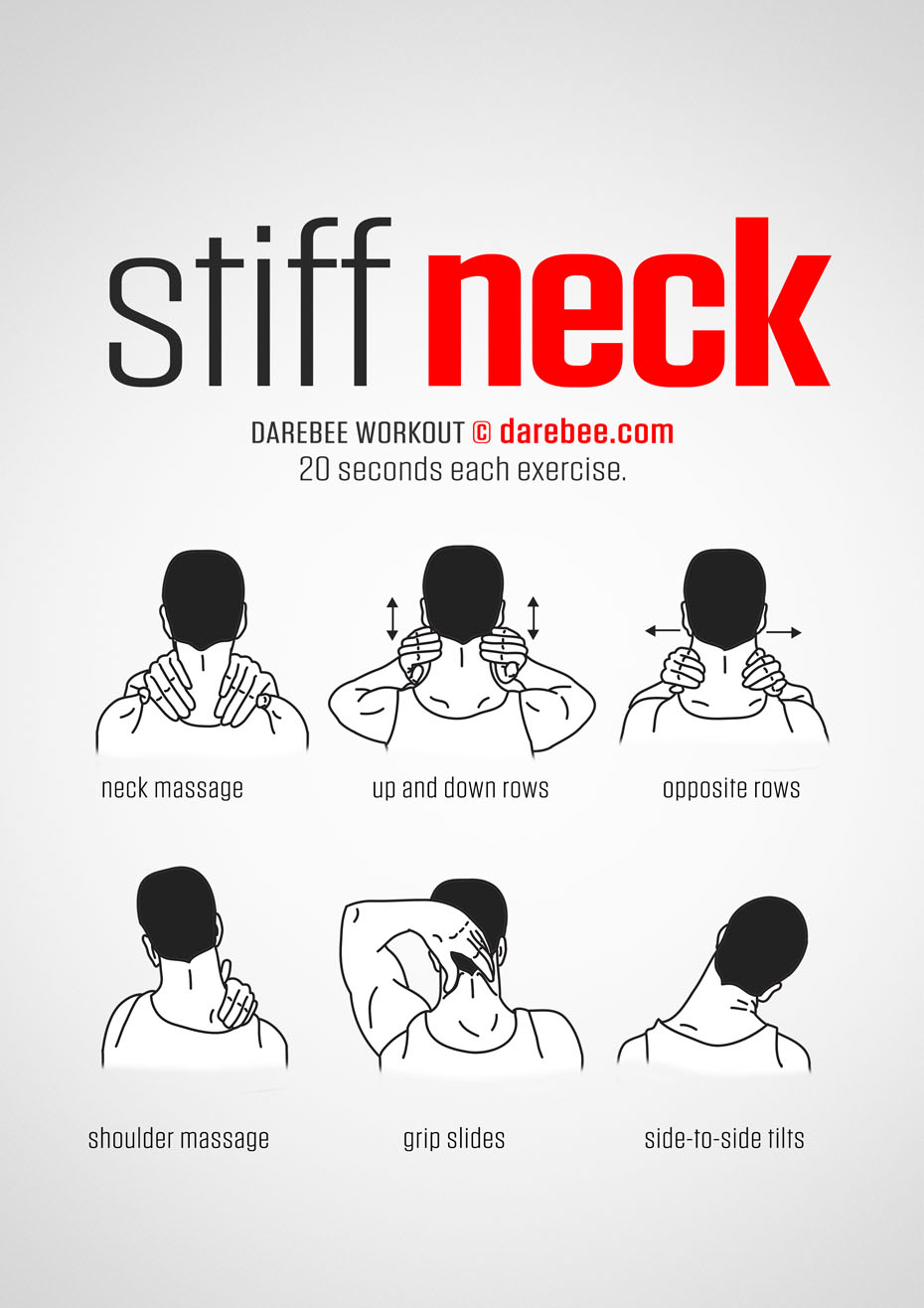









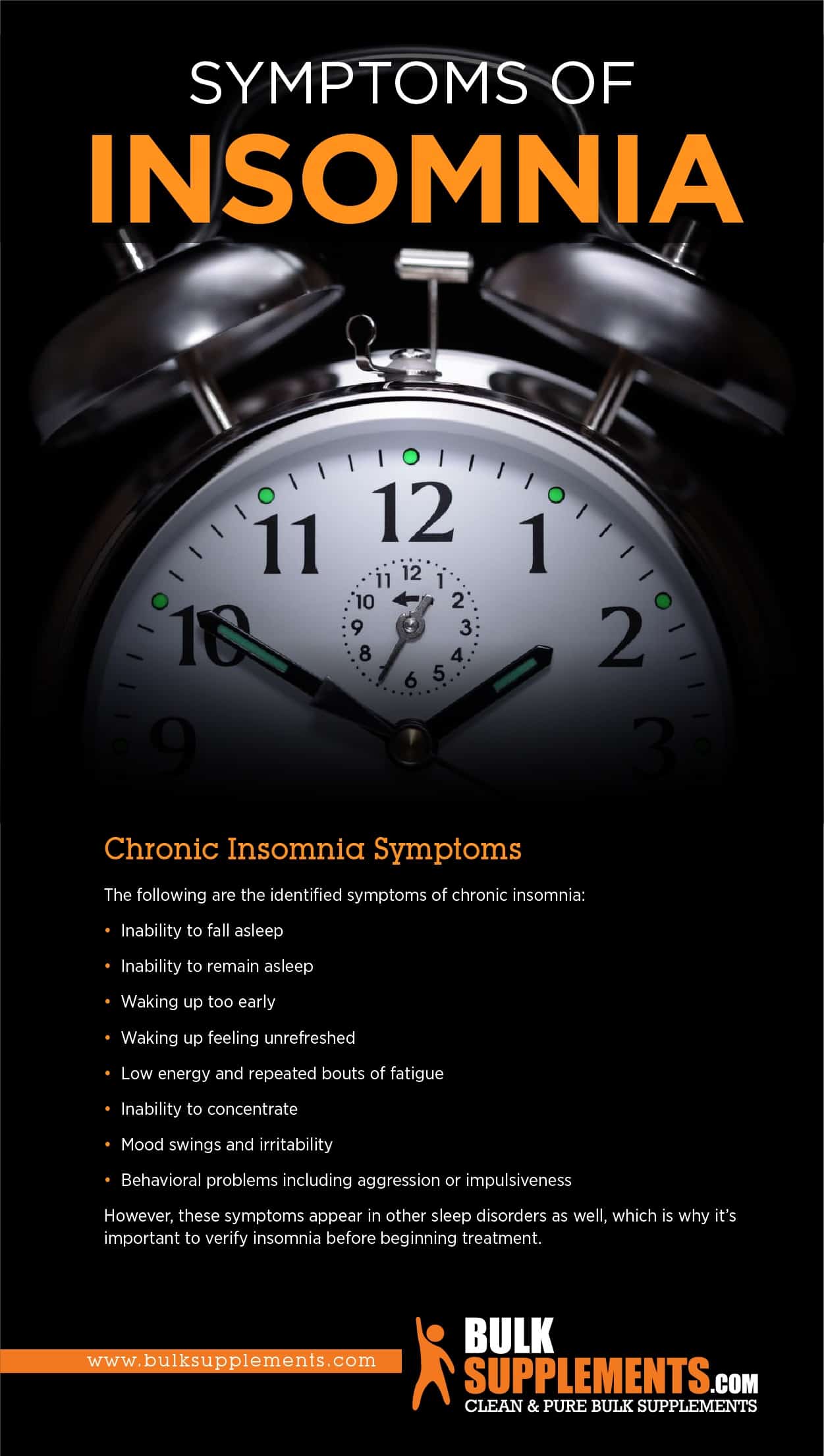

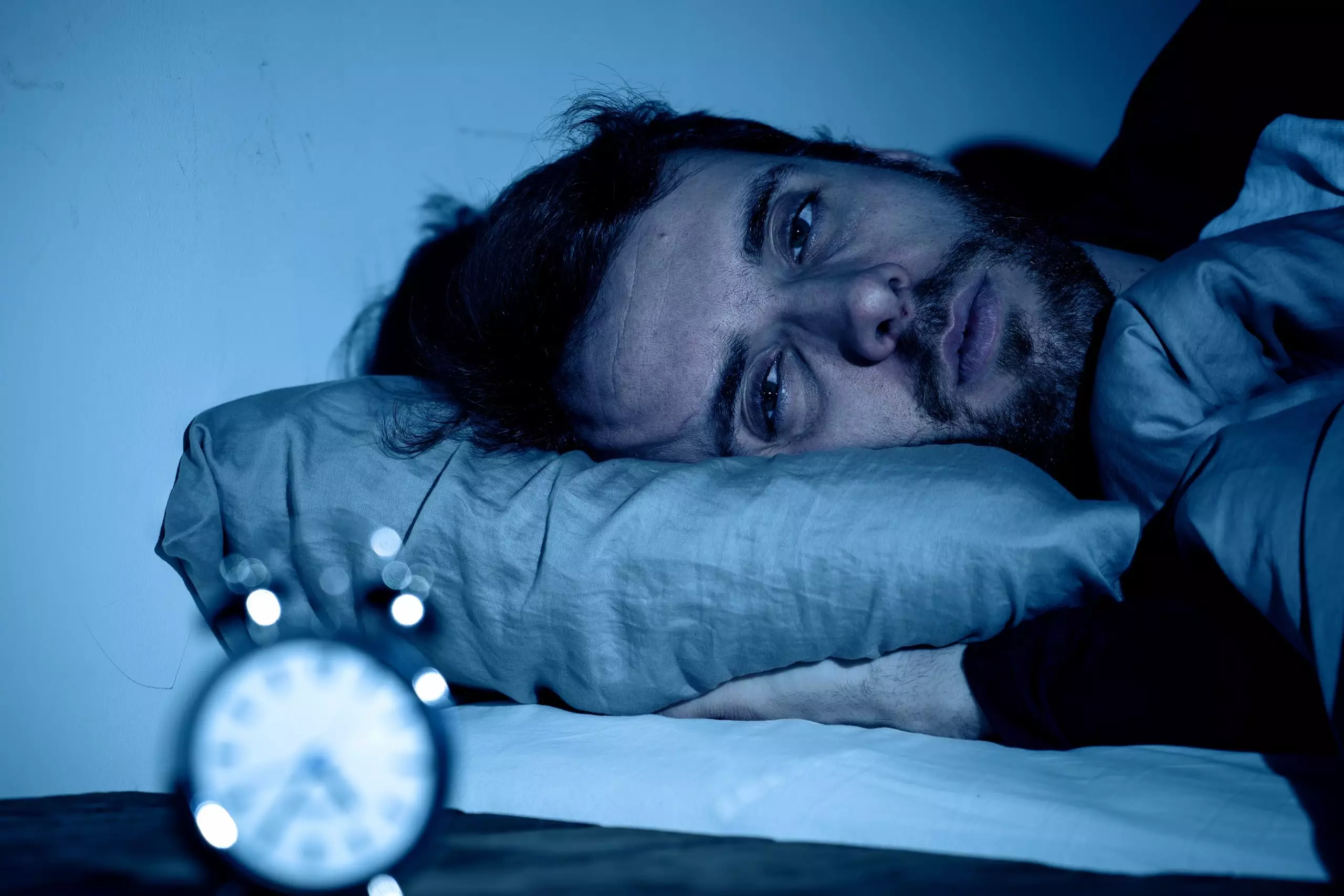

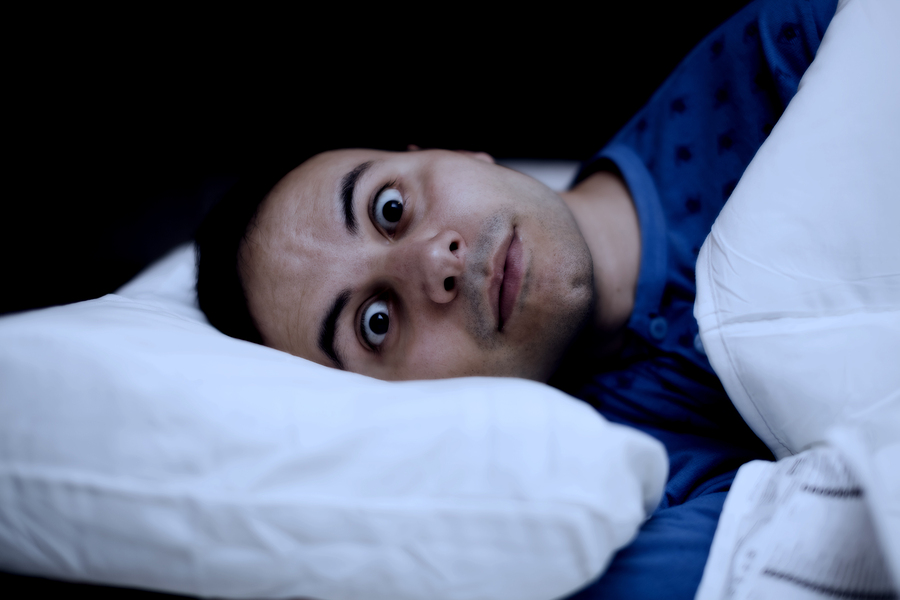



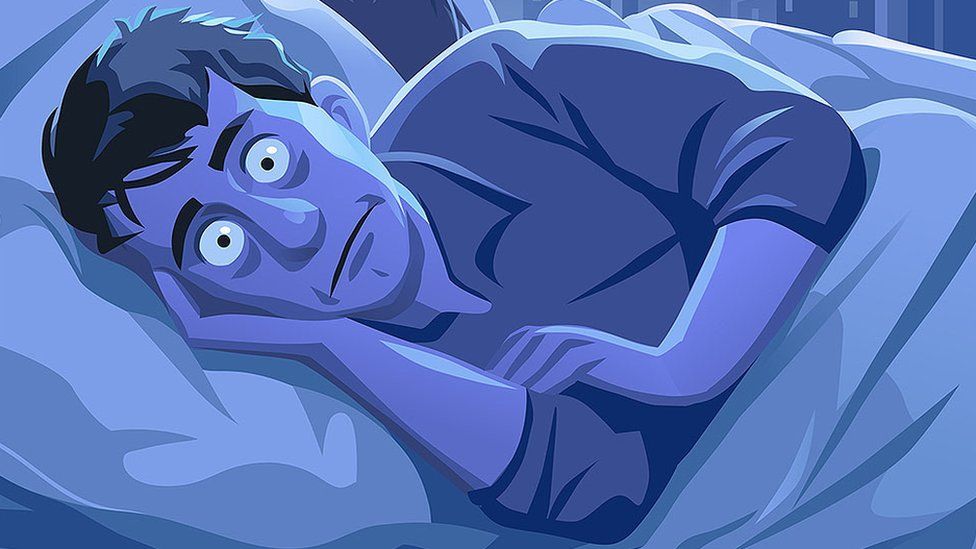

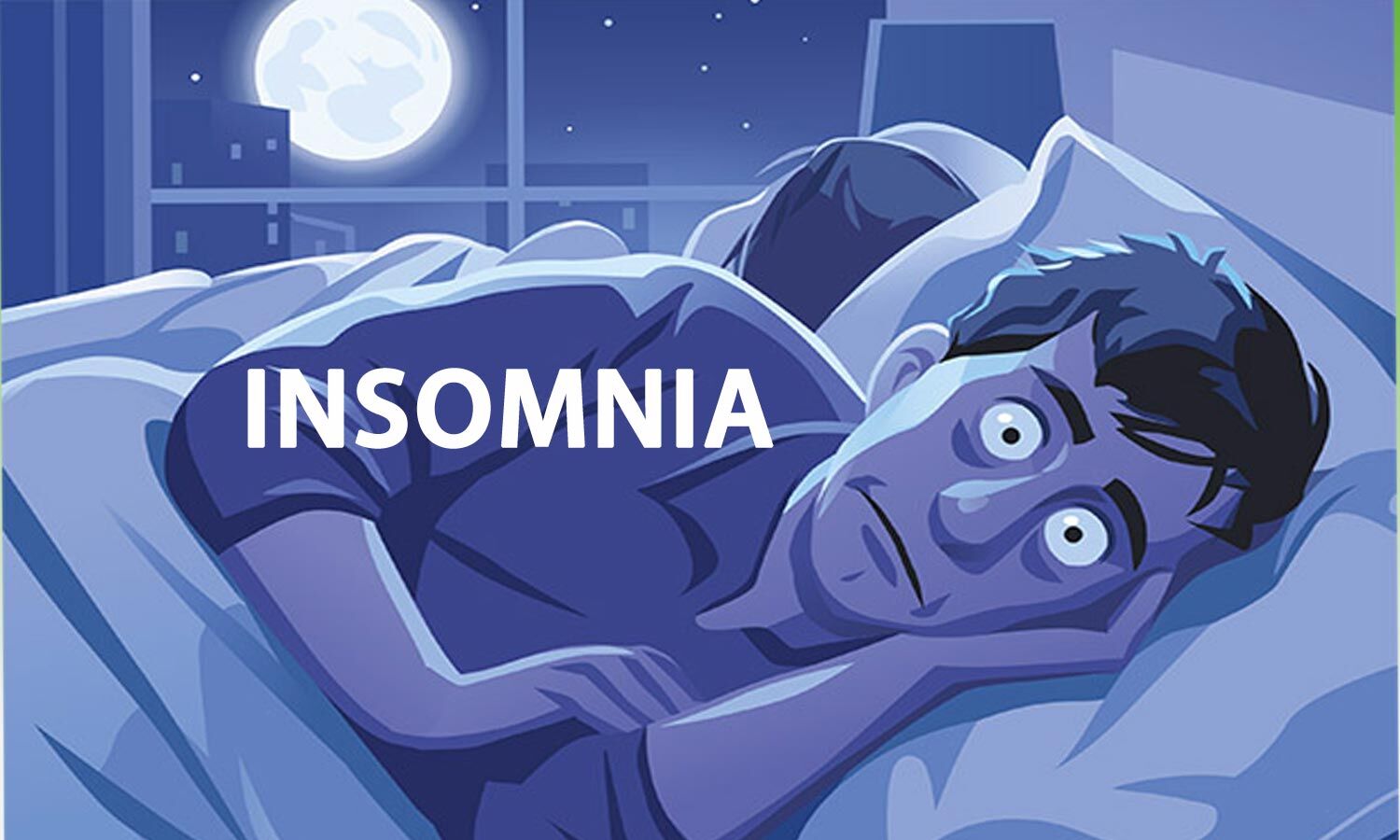







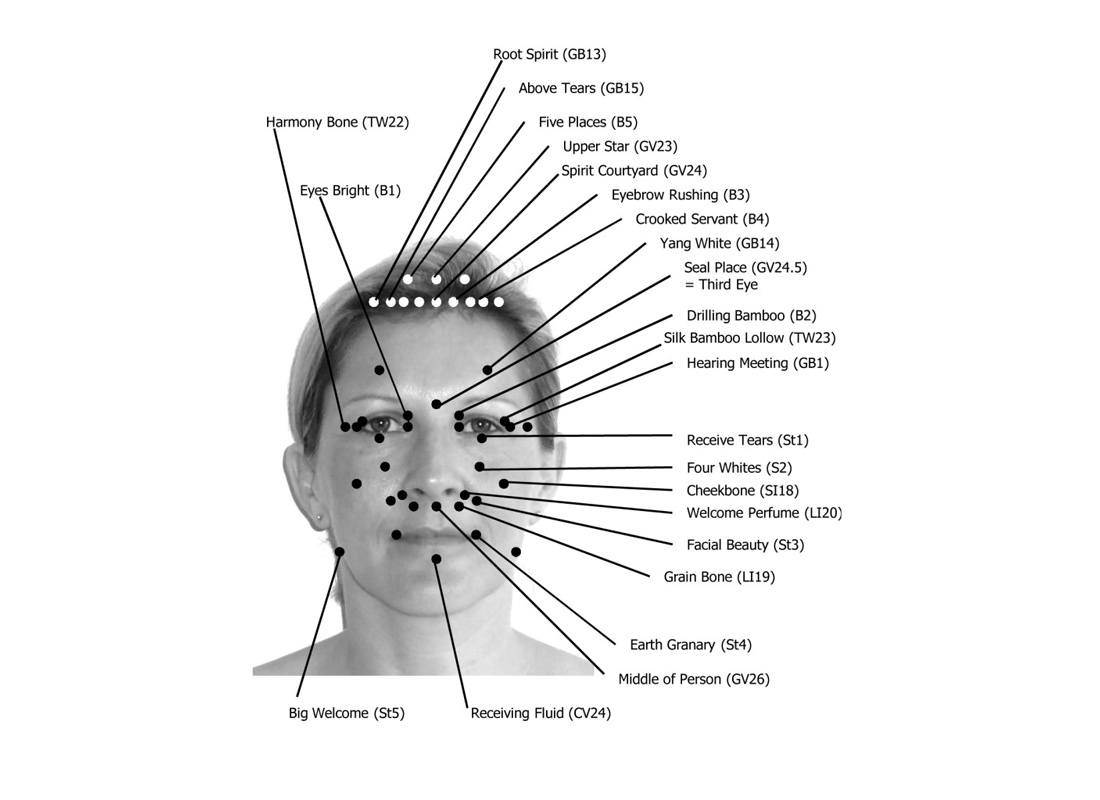



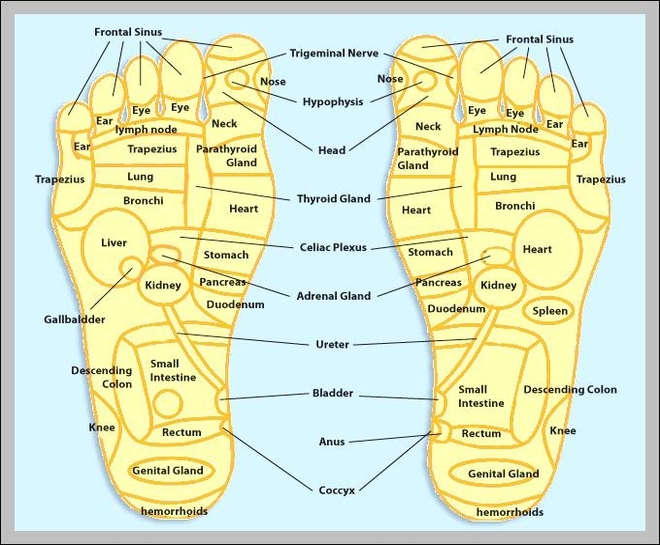
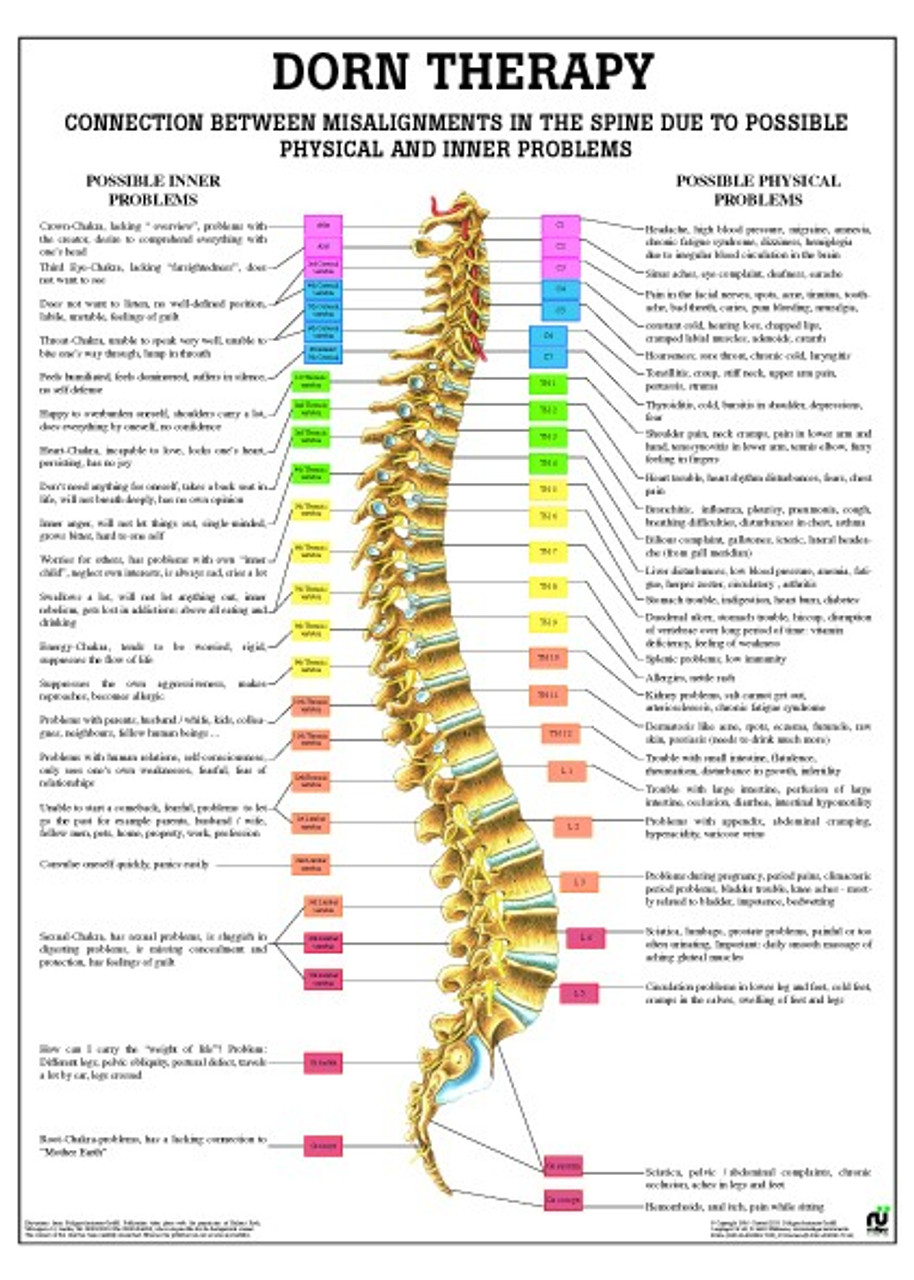










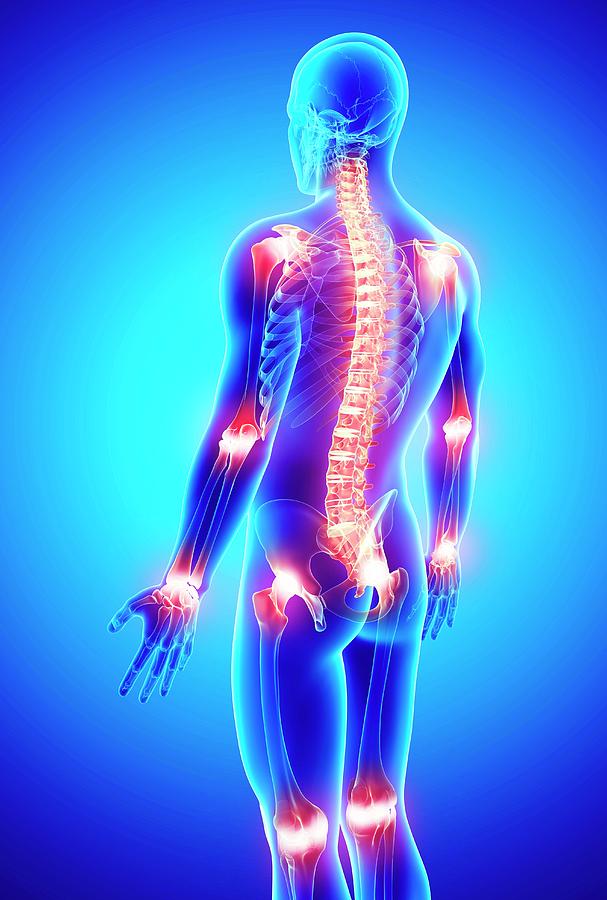








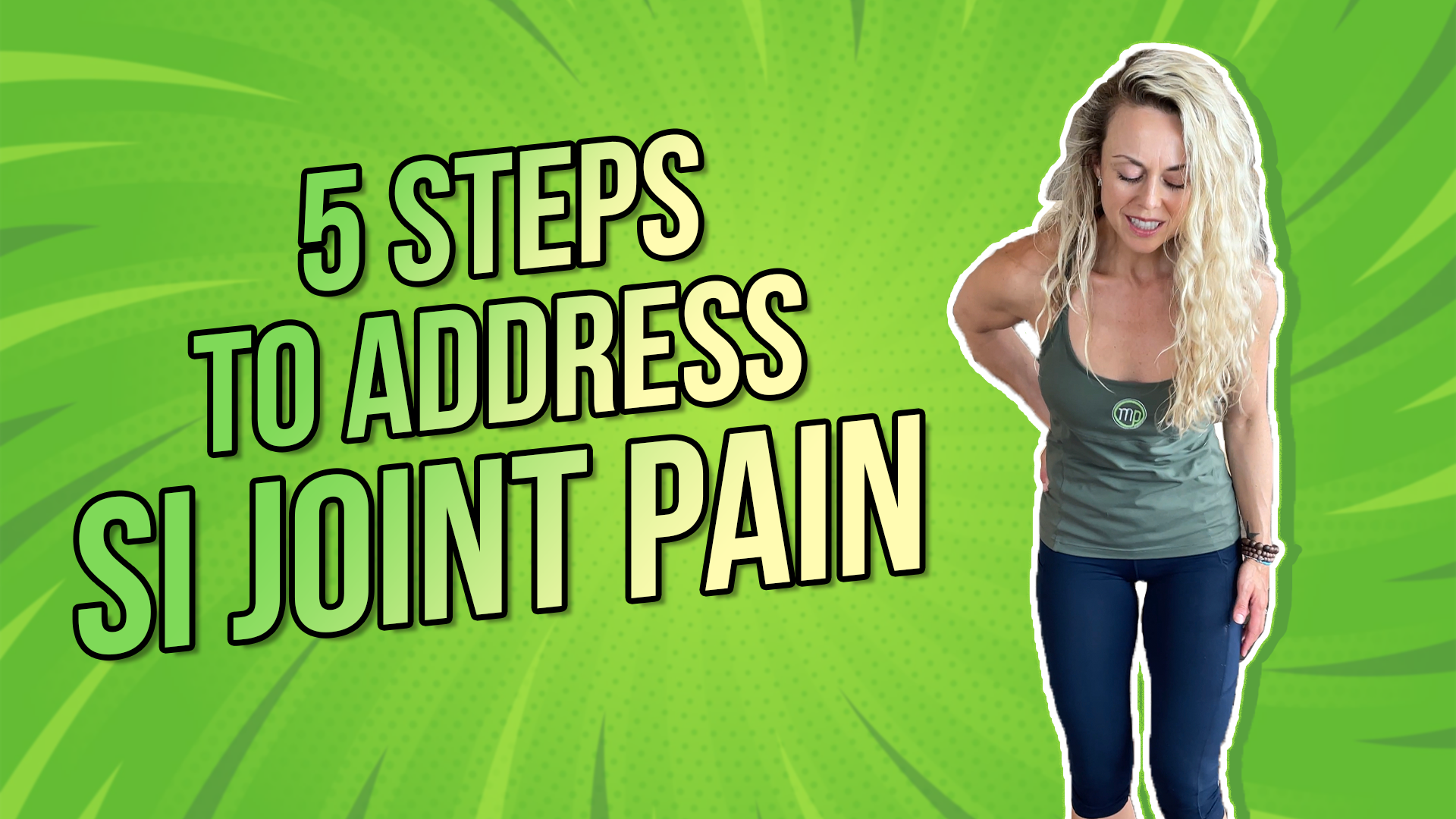




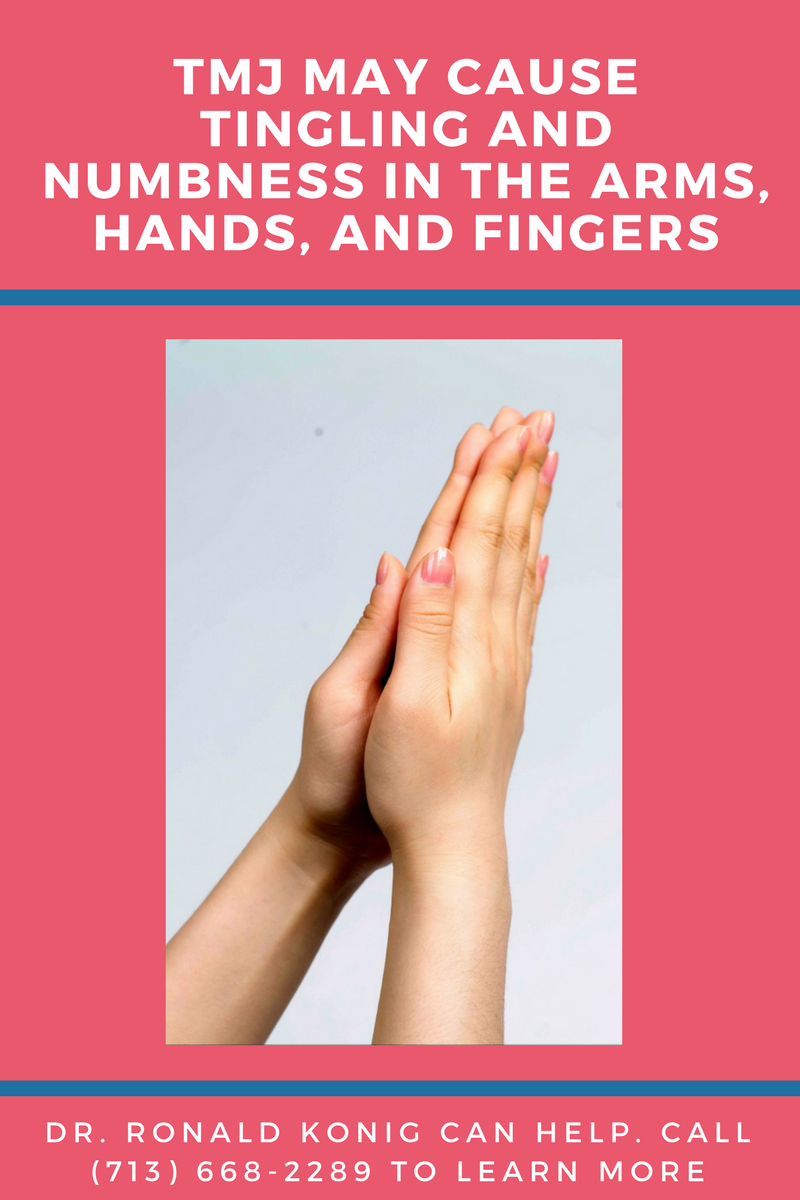
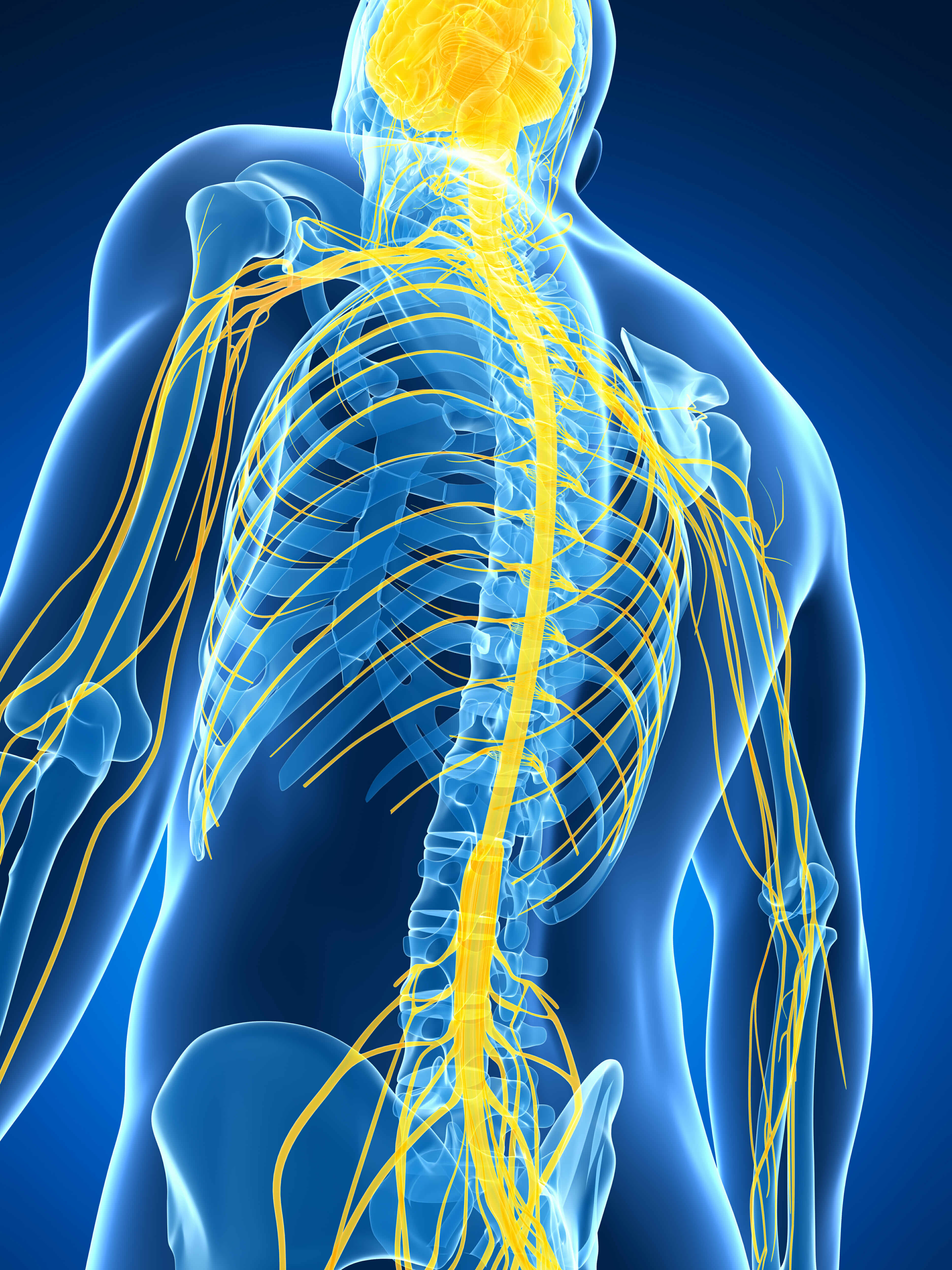






:max_bytes(150000):strip_icc()/tingling-numbness-2549269_V2-69a8afe7b9a24e42a04e8325ebbcf537.gif)





